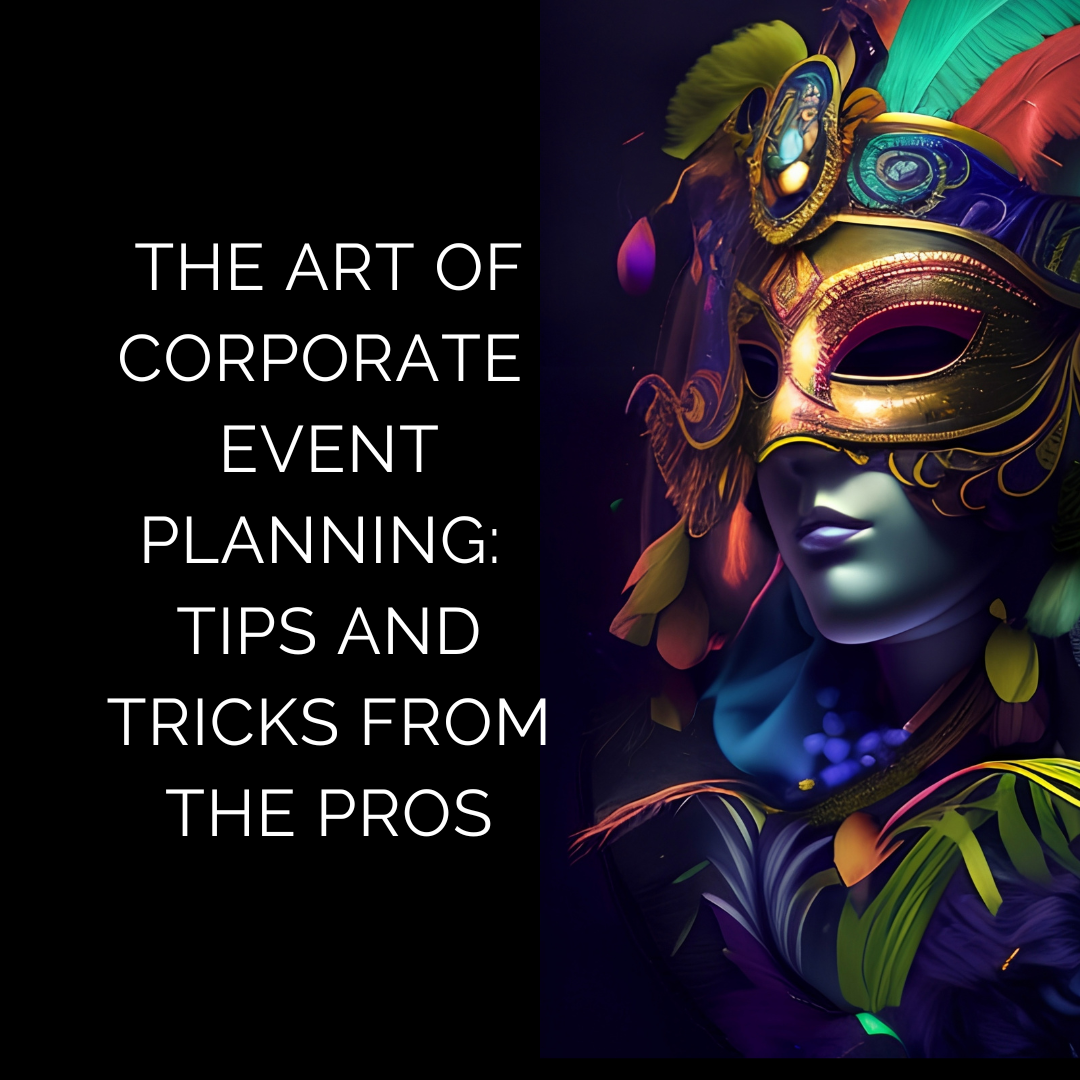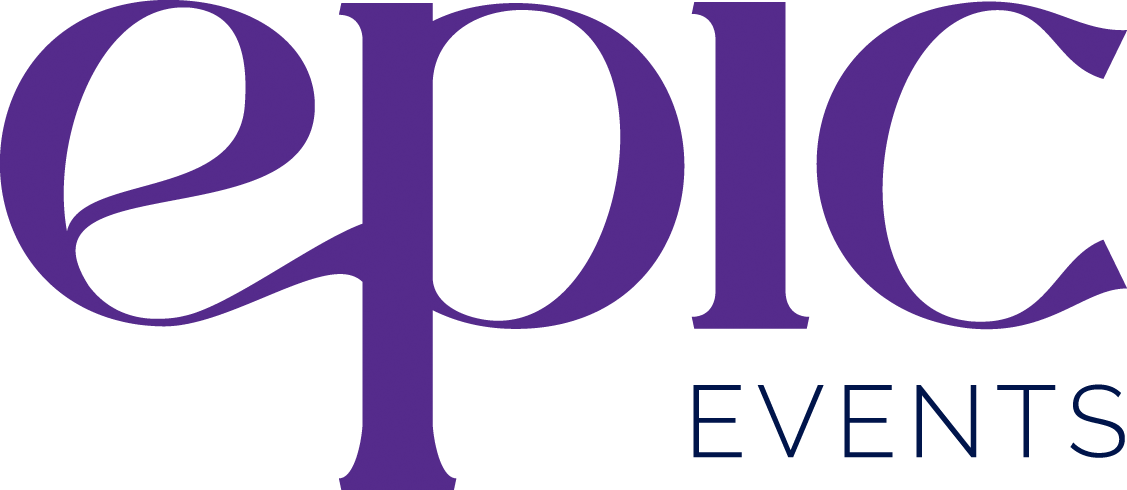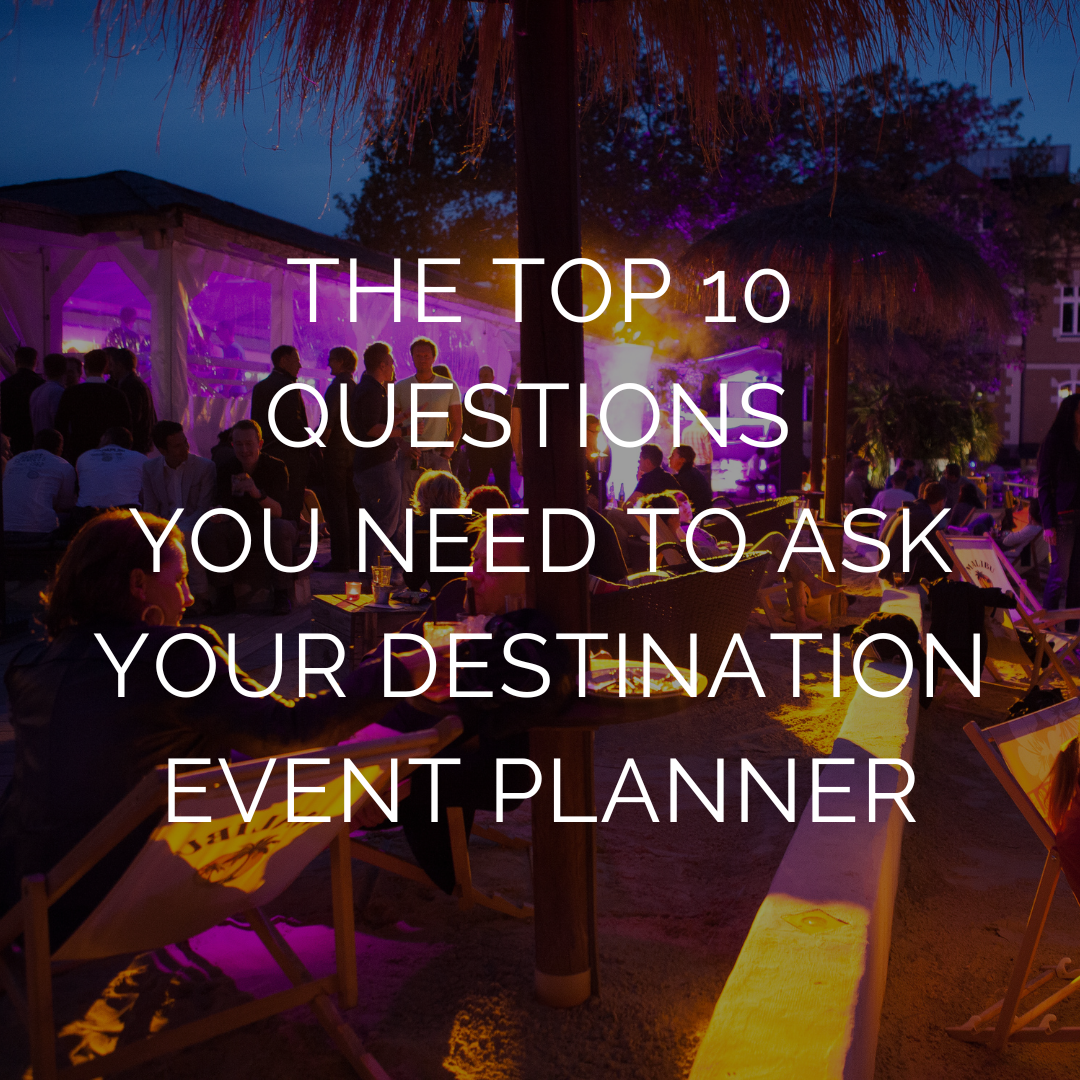
The Art of Corporate Event Planning: Tips and Tricks from the Pros
As an event planner, you know how important it is to plan and execute corporate events flawlessly. But it’s not always easy to know the best way to go about it. Fortunately, there are plenty of experienced event professionals who have years of experience in the field and are willing to share their tips and tricks with those who want to learn. In this blog post, we’ll explore the art of corporate event planning and uncover some of the most valuable tips and tricks from the pros that can help you create the perfect event.
Pro Tip 1: Define your goals
One of the first steps in successful corporate event planning is to define your goals. Are you hosting a conference? Launching a new product? Promoting a special offer? Whatever your reasons for hosting the event, make sure they are clearly outlined and communicated to everyone involved. It’s also important to keep your audience in mind when determining your goals. Whether you’re planning a corporate event, a destination event, or something else entirely, it’s essential that your goals be attainable and have a clear purpose. By having well-defined goals, you can set yourself up for success and ensure that your corporate event management goes as smoothly as possible.
Pro Tip 2: Set a budget
Setting a budget is an essential step in planning any corporate event, from small conferences to destination events. As you’re planning your event, it’s important to keep in mind that there are many factors that go into determining the cost of corporate event management and conference planning. This includes things like venue rental, catering, entertainment, décor, audio-visual needs, and more. When setting your budget, make sure to factor in all of these elements as well as any hidden costs. To stay within your budget, work with a corporate event planner to ensure you’re not overspending on any of the necessary components.
Pro Tip 3: Choose a venue
Choosing the right venue for your corporate event is a critical step in successful event planning. Venue selection should be based on the goals of the event, number of expected attendees, and budget. Depending on the nature of your corporate event, you may choose from a variety of venues including hotels, conference centers, meeting facilities, destination resorts, or private homes.
When selecting a venue, it is important to consider all of the details that will make the event successful. For example, if you are hosting a conference, you will need to look at the size and layout of the meeting rooms and make sure they fit the needs of your program. For corporate events that require special accommodations such as audiovisual equipment or food service, you will want to be sure these are provided by the facility. In addition, when planning a destination event, you must consider whether the location is easily accessible and provides adequate lodging for guests.
No matter what type of corporate event you are planning, researching and evaluating potential venues is an important part of event planning. When selecting the ideal venue for your corporate event, keep in mind all of the details necessary to ensure its success. Working with an experienced corporate event management team can help you identify the best options and make the best decisions for your unique needs.
Pro Tip 4: Create a theme
The fourth step in successful corporate event planning is to create a theme. Creating a theme helps you set the tone for the event and provide an overall feeling or mood. It can also help tie in all aspects of the event and add interest. A theme can also make a corporate event more memorable and increase engagement among attendees.
When deciding on a theme, consider the purpose of the event and the location. For instance, if you’re hosting a conference in a tropical location, you may want to use bright colors and plants to create a tropical vibe. If you’re planning a destination event, think about the culture and local attractions that could be incorporated into the design.
The theme should also fit with the overall mission of the corporate event. For example, if you’re planning a corporate retreat for employees, you may want to focus on team-building and collaboration. You could choose a theme that encourages participation and conversation among attendees.
Once you’ve selected a theme, it’s time to start incorporating it into the event. This includes everything from décor and entertainment to food and drinks. Make sure to consider how each element fits into the overall theme so your corporate event looks cohesive and professional.
Creating a theme is an essential part of successful corporate event planning, so take some time to brainstorm ideas that will help make your event a success.
Pro Tip 5: Send out invitations
Invitations are an important part of event planning, especially when it comes to corporate events. Invitations should not only reflect the tone of the event, but also serve as a reminder to guests. When it comes to conference planning and corporate event management, it is important to determine the best way to send out invitations.
For destination events, mailed invitations are a great way to set the stage for your corporate event. For larger events, however, you may want to consider email invitations. Electronic invitations are convenient and often cheaper than printed invites. Keep in mind that it is important to give guests plenty of notice for the event, so make sure to get your invitations sent out in a timely manner.
No matter what type of invitation you choose, be sure to include all the necessary details. Give guests the date, time, and location of the event, along with any other information they may need. It is also important to provide clear instructions on how to RSVP. With the right invitations, your corporate event planning can go off without a hitch!
Pro Tip 6: Plan the program
When it comes to corporate event planning, having a well-planned program is essential. You need to consider the logistics of your event and create an agenda that includes speakers, presentations, and activities. Conference planning is a key element in creating a successful event.
Start by determining the length and structure of your program. Will it be a full day event, or just a few hours? Once you have that sorted out, decide who will be presenting and what topics will be covered. Be sure to check in with the speakers to ensure that all content is appropriate for the audience.
Another important element of corporate event management is creating interactive activities for your attendees. Depending on the type of event, you may want to add some entertainment or team-building activities that allow people to mingle and get to know each other better. Destination events can also be incorporated into the program if it is relevant to the theme or purpose of your event.
Finally, make sure that you take into account any special requests or dietary restrictions of your guests. Corporate events should always provide food and beverages, so plan ahead and include options that are suitable for everyone.
By taking these steps to plan the program, you will ensure that your corporate event is a success!
Pro Tip 7: Choose décor and entertainment
When it comes to corporate event planning, choosing the right décor and entertainment can make or break your event. It’s important to carefully consider both options to ensure that they work together to create the desired atmosphere. When selecting décor, think about the purpose of your corporate event and pick pieces that fit in with the theme. For example, if you’re hosting a destination event, incorporate items related to the destination.
As for entertainment, it can vary depending on the type of corporate event you’re organizing. Whether it’s a conference planning or corporate event management, having live music or a DJ can bring a great energy to your event. If you’re looking for something more interactive, consider offering a karaoke station or game booths. Whatever entertainment you choose, make sure it meshes well with your décor and ties in with your overall event theme.
Pro Tip 8: Cater the event
When it comes to corporate event planning, catering is a key element to the success of your event. When planning a conference, corporate event or destination event, you must ensure that all attendees will have an enjoyable and comfortable experience. To do so, it is essential that you provide quality catering services.
The type of catering service you choose should be based on the size of your event, the type of cuisine your guests prefer and any dietary restrictions they may have. It is important to hire a caterer with the experience and expertise necessary to provide the best quality food and service. Additionally, you must have a clear understanding of what is included in the caterer’s package, and make sure you have enough staff to handle serving and clean-up.
By taking the time to plan your event’s catering needs in advance, you can ensure that everyone has a delicious and memorable experience. With the right planning, your corporate event or conference will be a success!
Pro Tip 9: Hire professional help
When it comes to planning a corporate event, professional help is invaluable. Conference planning, corporate event management and corporate event planning companies are experienced in helping clients put together all the pieces of the puzzle. They can provide expertise on choosing a venue, creating a theme, designing décor and entertainment, and coordinating catering and logistics. When it comes to destination events and corporate events, hiring a professional event planner can save you time and money by ensuring that everything runs smoothly and that all your needs are met. Professional help can help make your corporate event a success.
Pro Tip 10: Follow up
Following up after your corporate event is an essential part of successful event planning. Not only does it help to track the effectiveness of your event, but it also provides valuable feedback that can help improve future corporate events.
Following up after an event can take many forms, depending on the type of event. For example, if you’re planning a conference, consider collecting feedback forms from attendees. If you’re planning a corporate event, you may want to send out a survey to collect feedback and gather data about the success of the event. You can also follow up with any sponsors or partners involved in the event, as well as with any vendors or suppliers who provided services for the event.
In the end, effective follow-up after a corporate event not only serves as a way to measure success, but also allows for better corporate event management and planning for future events. Whether you’re planning a destination event or a large corporate gathering, following up is an important step in making sure your event runs smoothly and successfully.
ABOUT EXPERIENCE EPIC EVENTS
Experience Epic is the premiere Corporate/Private Event Experience Artists. With a diverse team of Event Artists, we are able to execute with exception in the production of your wedding, birthday celebration, grand opening, municipal festival, destination event or conference. The Event niche is limitless for us!
Experience Epic is founded by Event Artist Sarah Martin. Her events have been seen on Food Network, Huffington Post, Washington Post, CNBC Power Lunch, and more! We are determined, disciplined and focused on building strong emotional connections and valuable relationships by sparking passion and fulfilling dreams through EPIC Events.
Contact us today for your complimentary Event Exploration! 561-467-4760 or sarah@Experienceepic.com



